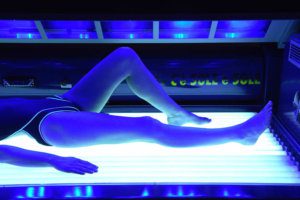 To kickoff Sun Awareness Week (May 28 to June 3), a new Ipsos survey, conducted for the Canadian Dermatology Association, shows that the vast majority of Canadians agree that it is essential to protect your skin from the sun (93%) and that too much sun ages your skin (94%).
To kickoff Sun Awareness Week (May 28 to June 3), a new Ipsos survey, conducted for the Canadian Dermatology Association, shows that the vast majority of Canadians agree that it is essential to protect your skin from the sun (93%) and that too much sun ages your skin (94%).
While sunburn continues to top the list of worries for Canadians when exposing themselves to the sun with 62% saying that was their greatest fear concerning sun exposure, concerns over premature skin aging due to sun exposure continue to rise, – up five percentage points this year from 2016 (43% vs 38%) and nine percentage points (43% vs 34%) in 2015. Additionally, more are concerned over the sun causing increasing brown spots on the skin in this year’s survey (30% vs. 25%) compared to 2016.
Positively, year-round sunscreen use continues to rise, and is up 9 percentage points since 2015 (26% vs. 17%). Also, 7 in 10 Canadians say they apply sunscreen when going outdoors (71%), with the same proportion indicating they wear sunglasses with UV protective lenses when outdoors all year around.
Despite these positive results, there is still room for improvement in areas of sun safety awareness. Troublingly, men (55% vs. 67% women) and teens (54% aged 16-17 vs. 62% 34-54 and 63% 55+) are less concerned about increased sun exposure being linked to an increased risk of skin cancer. Also of concern, only one-quarter of Canadians strongly agree(25%) that sunscreen is safe to use and one-quarter agree that the dangers of the sun are exaggerated (24%).
For more information about this study click here.
Credit: ipsos.com
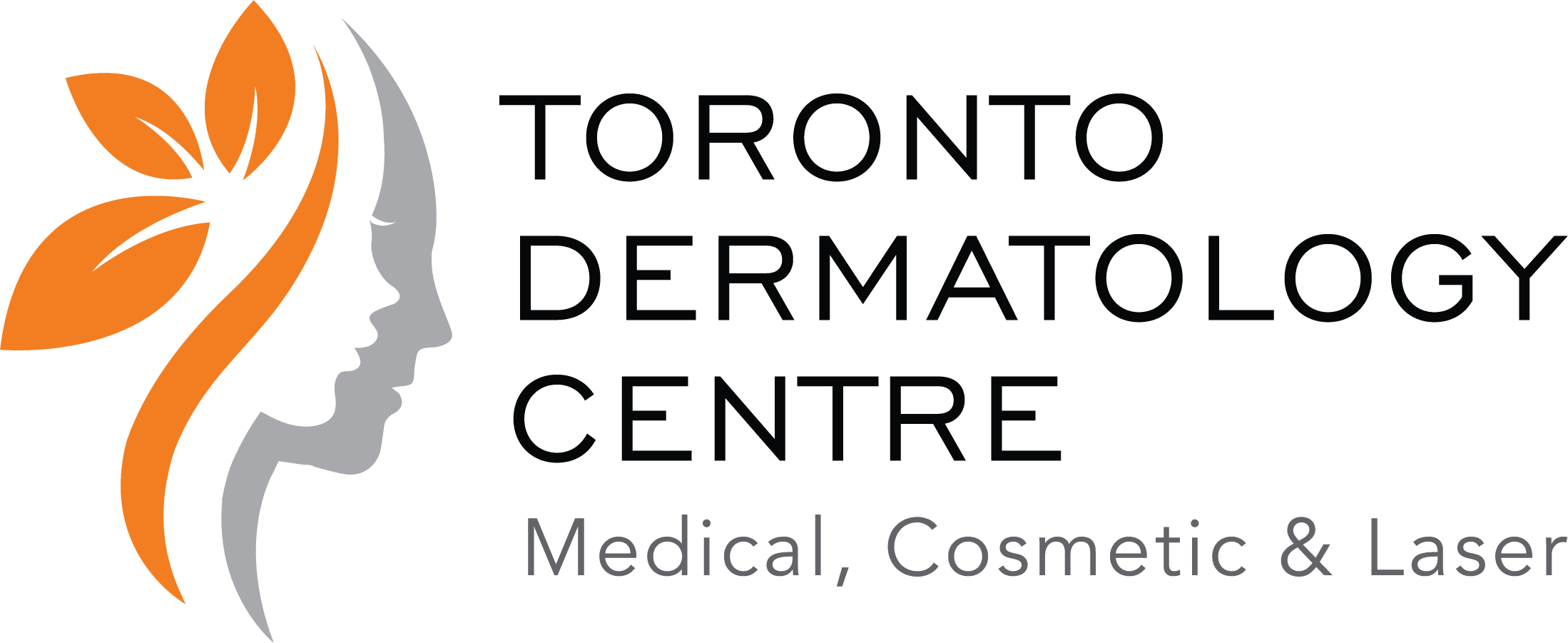

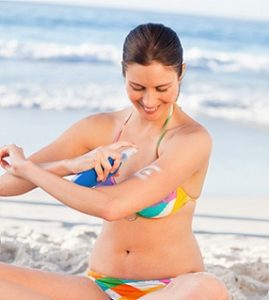 For the best protection, use broad spectrum creams or gels — and cover up
For the best protection, use broad spectrum creams or gels — and cover up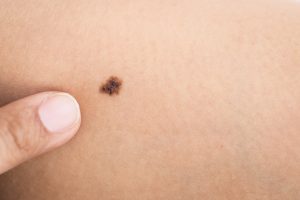
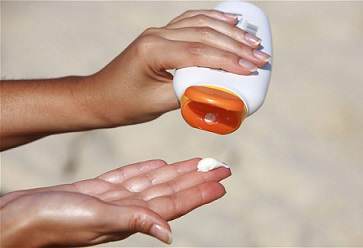 “Federal regulators warned natural sunscreen companies Tuesday that they’re illegally marketing pills and capsules that claim to protect against the sun.
“Federal regulators warned natural sunscreen companies Tuesday that they’re illegally marketing pills and capsules that claim to protect against the sun.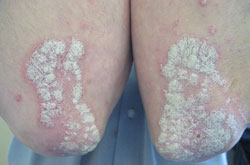
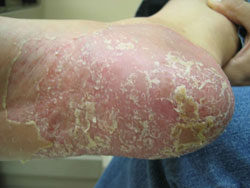 The goal of psoriasis medical treatment is to reduce inflammation and to control shedding of the skin. Treatment is based on a patient’s health, age, lifestyle, and the severity of the psoriasis. Moisturizing creams loosen scales and help control itching. Steroid preparations can help to reduce inflammation, redness and scales of the skin, and itching. Dovobet gel and Enstilar foam are combination of steroid and vitamin D and are often used as first-line topical preparations for mild to moderate psoriasis; they are versatile to use on the body and scalp. Non-steroid anti-inflammatory creams such as Protopic ointment or Elidel cream can be quite helpful in the groin, armpits, and face.
The goal of psoriasis medical treatment is to reduce inflammation and to control shedding of the skin. Treatment is based on a patient’s health, age, lifestyle, and the severity of the psoriasis. Moisturizing creams loosen scales and help control itching. Steroid preparations can help to reduce inflammation, redness and scales of the skin, and itching. Dovobet gel and Enstilar foam are combination of steroid and vitamin D and are often used as first-line topical preparations for mild to moderate psoriasis; they are versatile to use on the body and scalp. Non-steroid anti-inflammatory creams such as Protopic ointment or Elidel cream can be quite helpful in the groin, armpits, and face.
